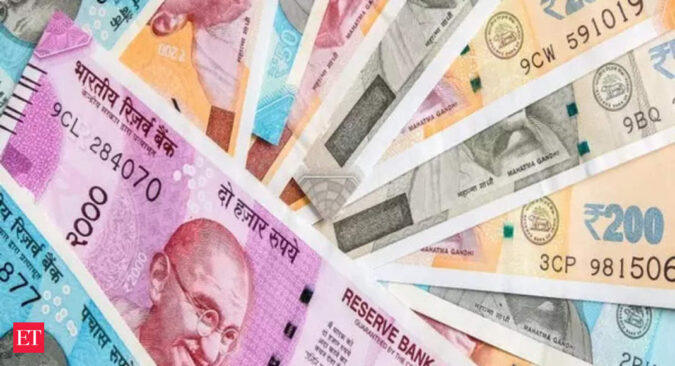The Department of Expenditure (DoE), in a letter dated March 29, sent to all ministries, departments and chief secretaries asked them to complete the process by March 31. ET has seen the copy of the letter.
Currently, ministries and departments that are already on TSA select one autonomous body through which they used to release the just-in-time fund for better transparency and expenditure monitoring.
“ABs (autonomous bodies) receiving funds amounting to more than 100 crore in a financial year will be covered under Treasury Single Accounts (TSA) system w.e.f. 1 April, 2023,” the letter said.
The new TSA system seeks to enhance the efficiency in fund flows through a just-in-time release. This reduces floating funds in the system, lowering borrowing and yielding interest savings.
The Centre was planning to implement it from October 1 last year. But on November 4 it postponed it to April 1, as many autonomous bodies were not prepared.
The Centre expects to make significant savings from the existing scheme.“This on-boarding of autonomous bodies will further improve the efficiency of funds used by the government, making them more accountable and expenditure timely,” a senior official told ET.
By efficient use of technology, the Centre is expected to make substantial savings this year to balance the extra expenditure on account of higher fertiliser subsidy.
It is expecting to save Rs 10,000 crore on food subsidy bills alone.
Besides, it expects to save Rs 13,000 crore because of TSA. Another Rs 8,000 crore saving is expected from centrally-sponsored schemes, as the ministries and departments could not fully utilise the allocations by the Centre.
Also it expects its dividend flow above Rs 10,000 crore higher than budgeted. Dividend receipts from central public sector enterprises have already crossed Rs 52,000 crore compared with the Rs 43,000 crore revised estimate for FY23.
